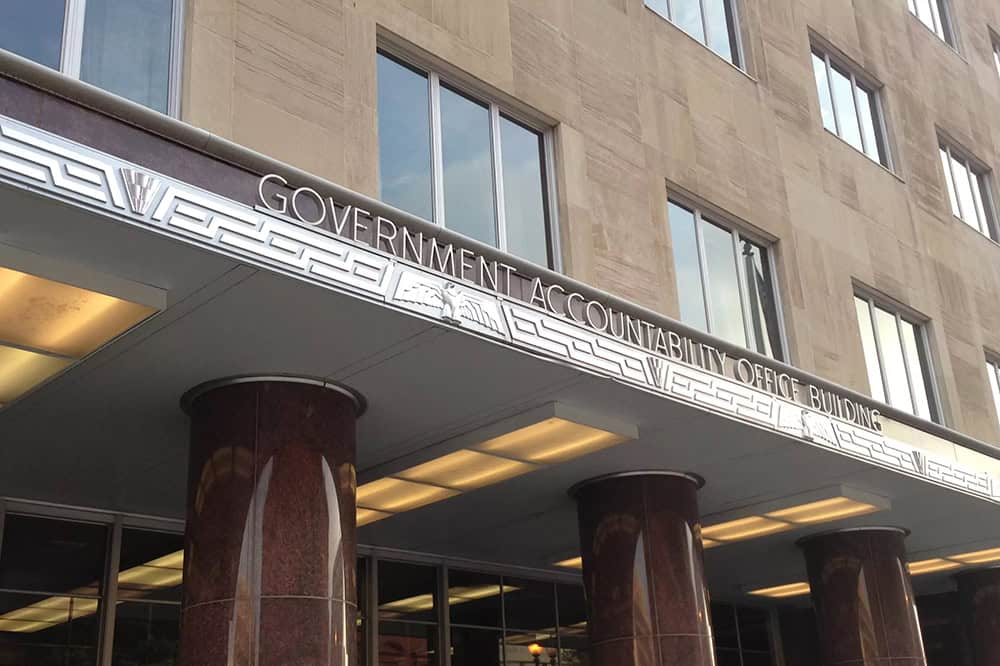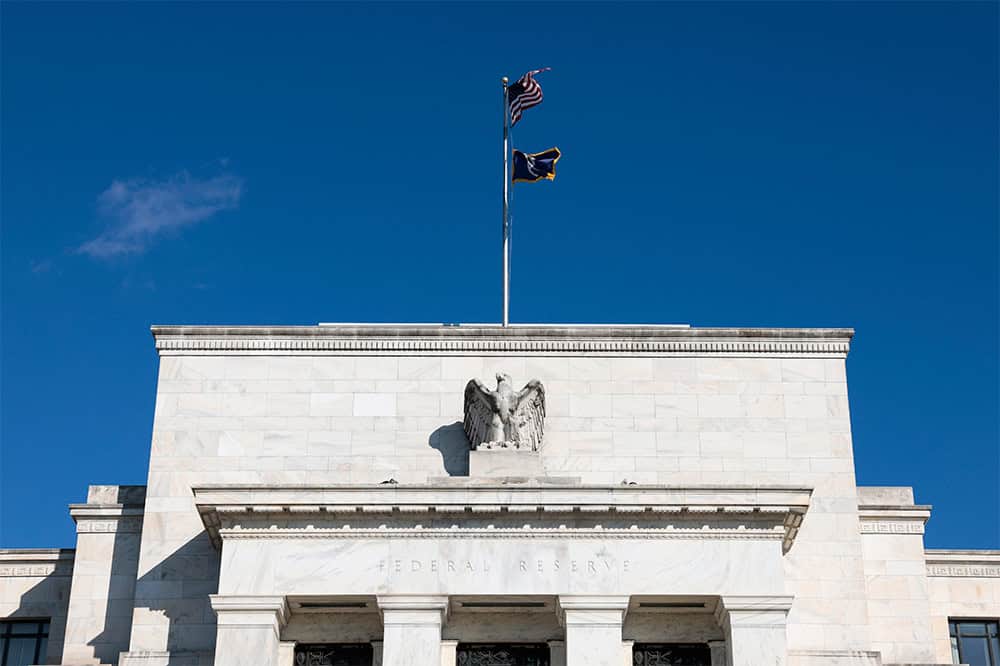Peterson Foundation Statement on National Debt Reaching $33 Trillion

NEW YORK — Michael A. Peterson, CEO of the Peter G. Peterson Foundation, commented today as the United States surpasses $33 trillion in debt. Peterson said:
“As lawmakers drift from one short-term fiscal crisis to the next, our national debt just keeps piling up, trillion after trillion. After the debt ceiling showdown in June, we crossed the $32 trillion debt milestone. Now, as we stare down a potential government shutdown just three months later, we have raced past $33 trillion in red ink.
“Instead of partisan fights that don’t address our true fiscal problems, Americans want policymakers to focus on the underlying issue of the debt itself. According to our recent polling, ninety percent of Democrats and Republicans agree that lawmakers from both parties should work together to avoid a government shutdown and focus their efforts on stabilizing our national debt. A bipartisan fiscal commission also has growing support from both parties, with nearly seven in ten voters calling for a rational and comprehensive process to look at the whole budget and find solutions.
“As we have seen with recent growth in inflation and interest rates, the cost of debt can mount suddenly and rapidly. With more than $10 trillion of interest costs over the next decade, this compounding fiscal cycle will only continue to do damage to our kids and grandkids. Americans are looking for responsible, forward-looking leadership that moves beyond politics to set our nation on a stronger more sustainable course for the future.”
To see the national debt ticking above $33 trillion, visit www.thenationaldebt.org.
# # #
Further Reading
How Much Can the Administration Really Save by Cutting Down on Improper Payments?
Cutting down on improper payments could increase program efficiency, bolster Americans’ confidence in their government, and safeguard taxpayer dollars.
What Is R Versus G and Why Does It Matter for the National Debt?
The combination of higher debt levels and elevated interest rates have increased the cost of federal borrowing, prompting economists to consider the sustainability of our fiscal trajectory.
High Interest Rates Left Their Mark on the Budget
When rates increase, borrowing costs rise; unfortunately, for the fiscal bottom line, that dynamic has been playing out over the past few years.


